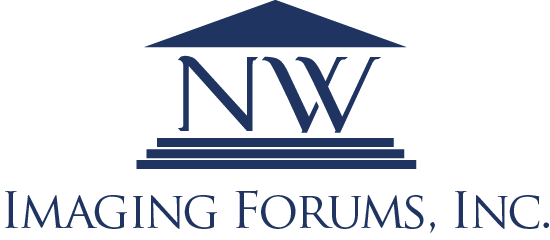Currently, 9 gadolinium-based contrast agents (GBCAs) are approved for clinical use in the United States, and they vary by molecular structure, ability to interact with serum proteins, relaxivity, concentration, and stability. These varying properties have clinical significance in terms of lesion enhancement capability and patient safety. To better understand the potential impact of these properties on efficacy and safety, healthcare professionals in the field of radiology require education that contributes to their ability to differentiate between the various GBCAs, and to select the optimal agent for different applications and patient populations. Education on the subject of magnetic resonance (MR) safety, including nephrogenic systemic fibrosis (NSF), acute adverse reactions to contrast media, and gadolinium retention, is critical, and until recently, was not part of the core curriculum in the training of healthcare professionals in the field of radiology. Much of the existing information is theoretical and does not provide practical information for the avoidance of adverse outcomes.
As a result of this activity, the participant should be better able to:
- Discuss the differences in physicochemical properties among the various available GBCAs
- Compare the evidence in the literature that shows that higher relaxivity allows for increased contrast enhancement and/or reduction in GBCA dose for MR imaging of the central nervous system, vasculature, breast, liver, and heart
- Summarize safety considerations regarding the use of GBCAs, including NSF, acute adverse reactions, and gadolinium retention
The target audience for this program is radiologic technologists.
This activity is approved by the International Society for MR Radiographers & Technologists (ISMRT) for 3.0 Category A CE Credits. ISMRT had no involvement in the development of this activity.
Release Date: 03/07/2025 | Expires: 03/07/2026
Faculty and Planner Disclosures:
As an accredited provider of continuing medical education, it is the policy of Northwest Imaging Forums, Inc. (NWIF) to ensure balance, independence, objectivity, and scientific rigor in all of its live activities. In accordance with this policy, faculty and planners must disclose any financial relationships with ineligible companies. Any relevant financial relationships have been mitigated by NWIF to ensure the integrity of the CME activity. The planner has nothing to disclose.

Jeffrey H. Maki, MD, PhD
Professor of Radiology
Chief of Abdominal Imaging
Department of Radiology
University of Colorado Anschutz Medical Campus
Aurora, Colorado

Howard A. Rowley, MD
Professor of Radiology, Neurology, and Neurosurgery
Joseph Sackett Professor of Radiology
University of Wisconsin – Madison
Madison, Wisconsin
PDF Only – Click Here
If you wish to receive credit, please click on the
Take this Course button above.
Supported by an Educational Grant from Bracco Diagnostics Inc.
We are grateful to our faculty for their expertise and are privileged to work with them.




